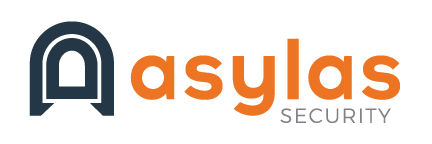Bad habits can be hard to kick, as they set in over time and become a regular part of our lives that we often don’t even notice. But what if those habits were potentially catastrophic to your company and its success? We’re talking about the bad cybersecurity habits that leave your network vulnerable to attacks. The ones whose stakes are much higher than biting your nails or overeating.
An article from CSO discusses the most common bad cybersecurity habits that have proven to be very harmful to businesses of all sizes in all industries. These are our suggestions to nip those weaknesses in the bud:
- Having a lax attitude – Business leaders often think that their company is too small to be on hackers’ radars. But they’re wrong. As larger companies are beefing up their cybersecurity defenses, malicious actors are moving down the food chain, targeting small- and medium-sized businesses. Companies should create a culture of cybersecurity and implement user awareness trainings so that every employee understands the risks and consequences of not being careful when using the company network or accessing company data from another network. It’s also important to create a sense of responsibility so that employees are encouraged to report potential breaches.
- Lacking email protection – Email is a vulnerable technology because most people use a third-party site that can be easily accessed by anyone. Luckily, many email platforms offer multi-factor authentication, which requires at least one other factor besides a password – such as a thumbprint or one-time code sent via text – to access an email account. The extra security measure makes it that much more difficult for a hacker to get in. Consider a policy requiring employees to turn on multi-factor authentication in their email programs.
- Clicking on hyperlinks in emails – Email has become so assimilated into our everyday lives that we are almost conditioned to open them and click on links inside them without thinking. That’s how hackers can fool us. They send phishing emails that contain malicious links or attachments, which can lead to malware, virus infections, or worse. Train your employees on how to spot phishing emails and remind them to be extremely cautious about the emails they open, links they click, and attachments they download. It’s important that they know who the sender is and report emails that look suspicious, especially ones that ask for personal information.
- Having poor password practices – Weak passwords mean weak cybersecurity protection. Hackers can easily figure out simple login information with password-cracking tools. And not only do people use weak passwords, but they reuse them across multiple accounts. A strong password should include different types of characters, like numbers, letters and symbols (if allowed). We suggest using passphrases, such as a song lyric or a family secret, that will increase the length of the password and decrease the likelihood it can be cracked, especially for accounts that store sensitive information.
- Not backing up data – Ransomware, a form of malware that targets data for the purpose of extortion, continues to remain a major cybersecurity threat. Your information is at its most vulnerable when you have something to lose, so don’t give hackers that option. Back up your data on a regular basis on more than one medium and store it in more than one location. Ensuring your backups are complex and redundant can save you major losses in the event of a ransomware attack.
Some bad habits can set you up for serious issues in the future. Cybersecurity breaches can happen much more easily than you think, but they can be mitigated by taking the necessary steps to protect your data and your company. All it takes is a little willpower and a lot of cybersecurity smarts to kick those bad habits for good.
Need help getting your cybersecurity up to snuff? Give us a call today at 615-622-4591.




